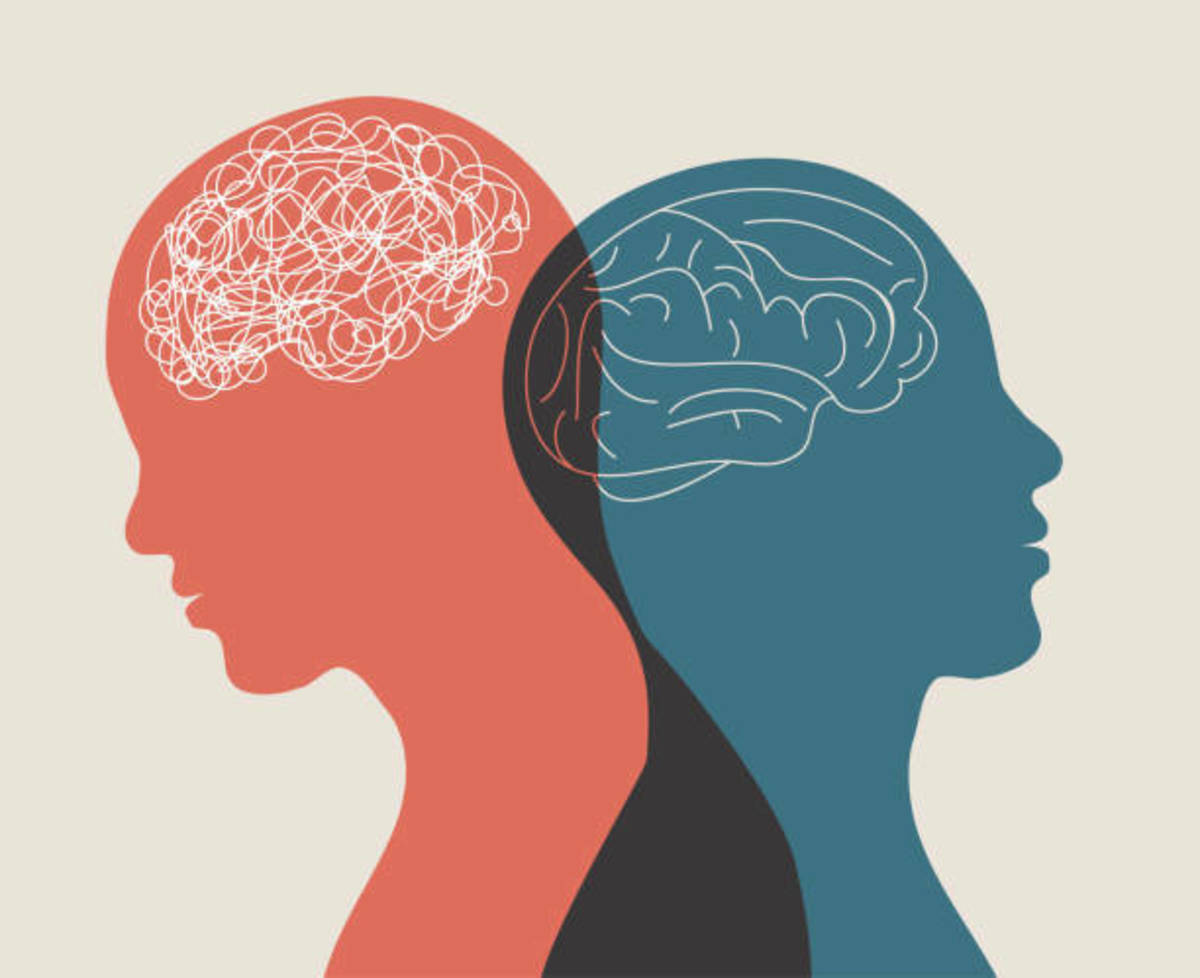Bipolar Disease - Up and Down Symptoms
Bipolar disorder is a treatable mental disease marked by extreme shifts in a person's mood and disposition. The periods of intense mania (ups) are followed by bouts of severe depression (downs), often with periods of normalcy in between.
Manic episodes generates an “up” mood, characterized by joy, increased vitality, exuberance, exaggerated self importance, increase in energy, restlessness, irritability, the inability to concentrate, aggressiveness, euphoria, irrational thought and limited sleep; the “down” mood is characterized by sadness, irritability, feeling of lack of purpose, sense of worthlessness. If a manic episode exceeds 7-10 days, the doctor may strongly recommend hospitalization.
Symptoms should be examined as a whole, some features of temporary mood are only apparent of a manic nature, if not combined with other symptoms.
Inflated sense of self importance is also a symptom of mania.
In general, symptoms of bipolar disorder affect the sufferer’s need for sleep.
During a manic episode, a person with bipolar disorder may sleep less without feeling tired.
In the "up" phase, a person with bipolar disorder becomes more talkative. It is sometimes found the phenomenon of "day dreaming", especially visible from the outside. The person tends to jump from one topic to another during a discussion; the ability to focus on a given subject is missing or attenuated.
Another symptom of bipolar disorder is more active participation in enjoyable activities,
without any risk estimation and awareness. In many sufferers, manic period coincides
with exacerbation of instincts, spending unnecessary amounts of money on impulse purchases and other activities that the person normally would not do.
In some cases of severe manic phases, some psychotic episodes may occur: delusions, hallucinations.
Bipolar disorder can manifest itself at any age, however, most people will experience the onset of symptoms in the post adolescence/early adulthood phase of their life.
Fortunately, bipolar disorder can be treated but must be managed for long term success. Recognizing the symptoms of bipolar disorder is often the first step toward proper diagnosis and treatment.
If these symptoms are generated by an external factor, such as accidental consumption of drugs, drugs use, physical brain damage, we can’t talk about a bipolar disorder symptoms.
Sufferers may not understand these are disease symptoms; they may think that the extreme shifts in mood they are experiencing are simply “the flow of life”. They may seek help during periods of depression, but not disclose their manic behavior because they associate it with happiness or normalcy.
The circle of friends, colleagues and relatives have an important role in advising the person suffering from bipolar disorder; in severe cases they are the ones who must convince the manic person to visit his doctor.
With proper treatment, the bipolar disorder sufferers can go on to lead a healthy, productive life.









